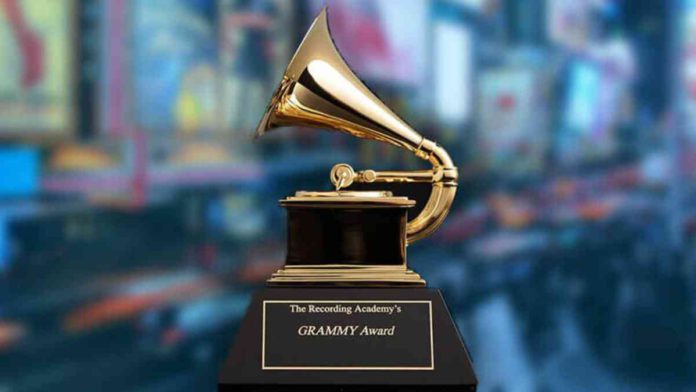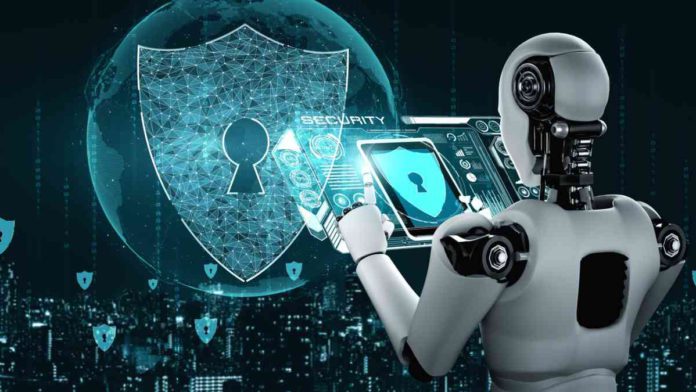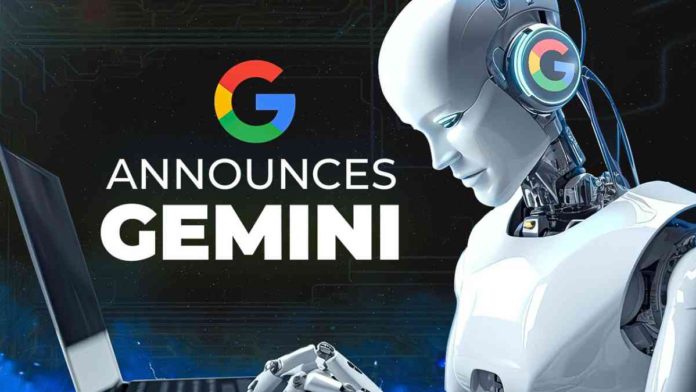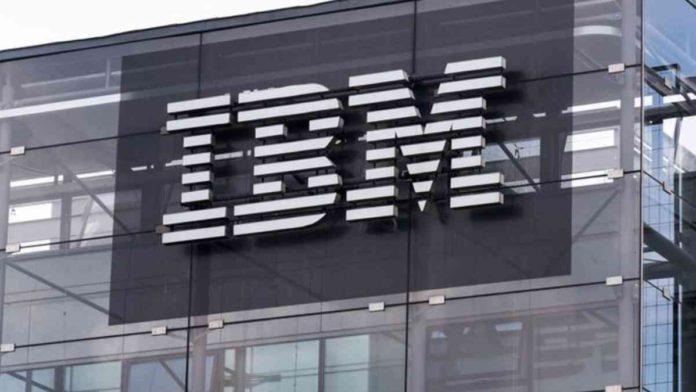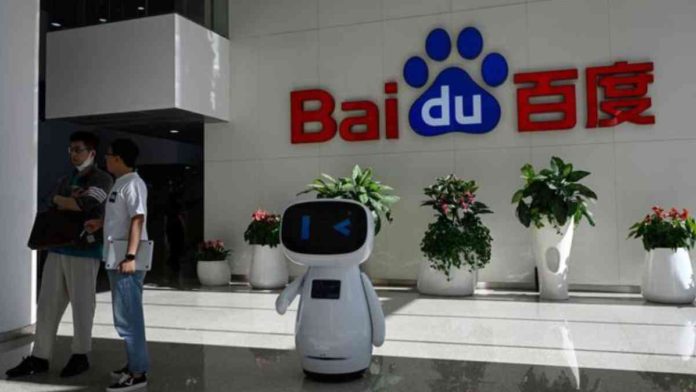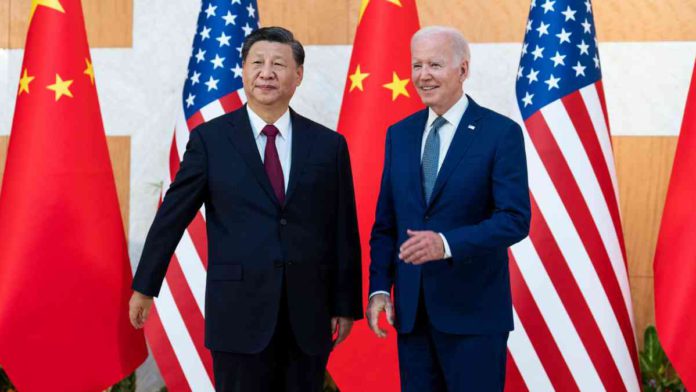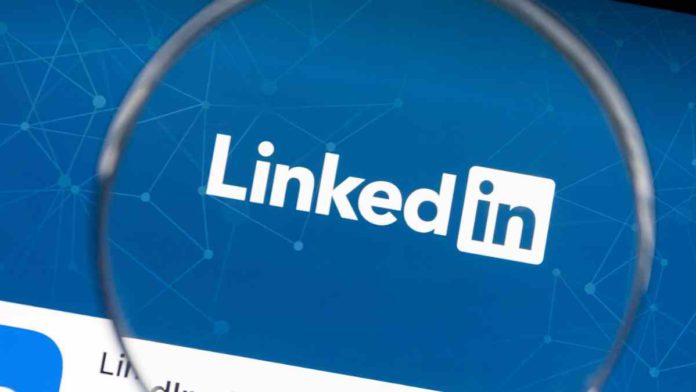The Recording Academy, responsible for the renowned Grammy Awards, recently announced that only human creators would be eligible for the prestigious music event. In an effort to limit the use of artificial intelligence (AI) in the industry, the academy’s updated rulebook states that “a work that contains no human authorship is not eligible in any categories.”
However, music created with AI assistance may still qualify in certain categories as long as significant human authorship is involved. To earn a nomination for album of the year, music creators must now contribute at least 20% to the album. Previously, individuals with minimal input, such as producers, engineers, or featured artists, could receive nominations.
By revising the eligibility criteria for the Grammy Awards, the Recording Academy hopes to strike a delicate balance. While AI can be used as a tool to enhance music creation, the human contribution must remain substantial and meaningful. The decision encourages artists to rely on their creativity and personal touch rather than solely depending on artificial intelligence.
Read More: Sony Music Hires Geoff Taylor as Executive VP of AI
The rise of AI technology, particularly since the launch of OpenAI’s ChatGPT in November 2022, has sparked concerns across various creative industries. As AI applications continue to rise, concerns arise about their potential to displace human workers in various jobs, including animation, writing, and music creation.
The Writers Guild of America (WGA) and the Screen Actors Guild (SAG-AFTRA) grapple with AI’s role in creative fields. The WGA seeks to limit AI in screenwriting, while SAG actors aim to control their digital personas and secure fair compensation. The WGA went on strike in May, with AI usage as a key unresolved issue. Actors may also strike if SAG-AFTRA fails to address similar concerns. These industry organizations are navigating the complexities of AI’s impact on creativity and labor rights.
The Grammy Awards, established in 1959, have evolved into one of the music industry’s most esteemed accolades. This annual event was created to honor the accomplishments and artistic contributions of talented musicians, solidifying its reputation as a prestigious recognition over the years.


